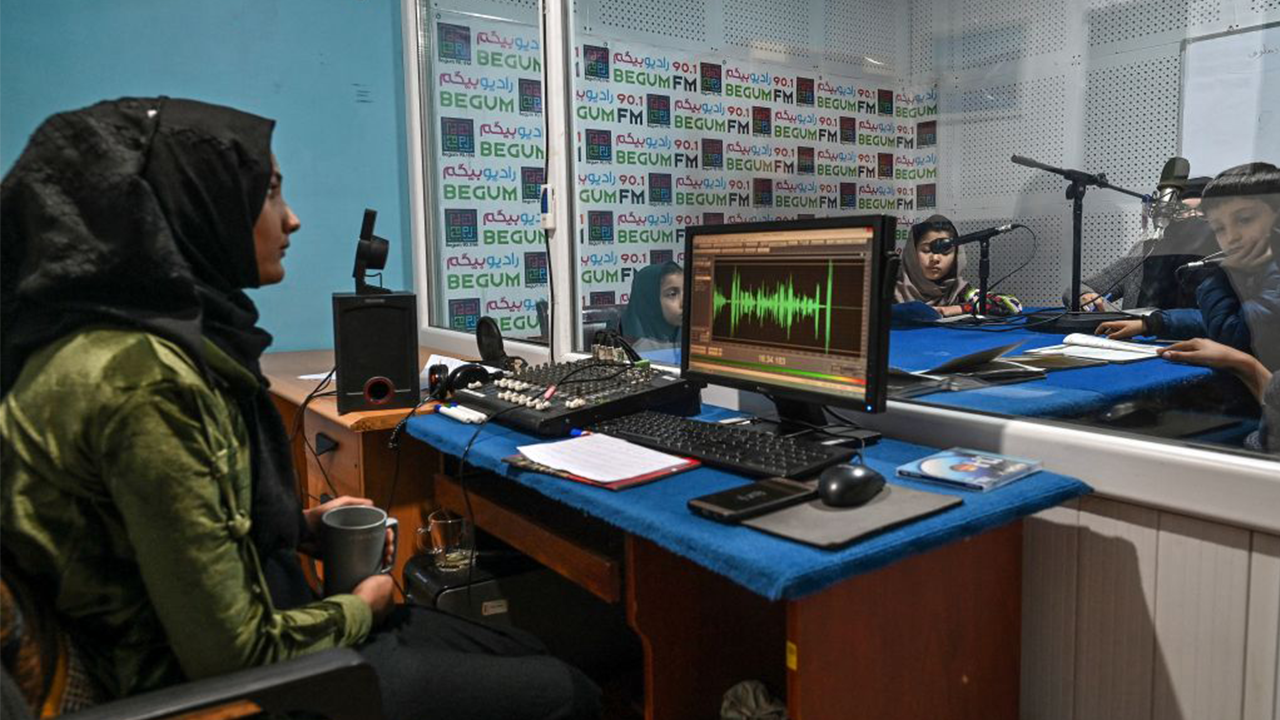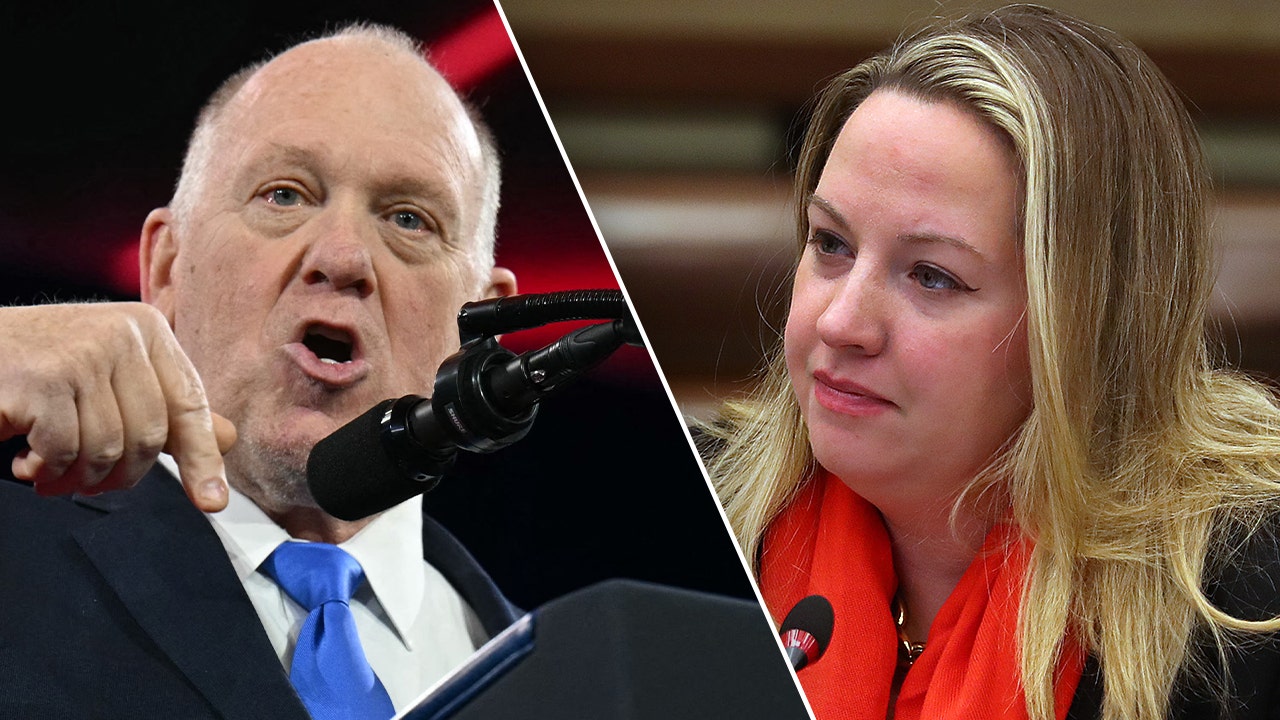This #ThrowbackThursday, we revisited the exchanges that unfolded in the Security Council.
On 5 February 2003, Mr. Powell addressed a packed Council Chamber, laying out the case for the US invasion of Iraq the following month.
“Every statement I make today is backed up by solid sources,” he said. “What we’re giving you are facts and conclusions. Clearly, Saddam Hussein and his regime will stop at nothing until something stops him.”
During the hour-long multimedia presentation, the Secretary of State narrated a detailed video and slideshow of satellite images, audio recordings of intercepted phone calls and illustrations showing, among other things, trucks and train cars allegedly serving as mobile production facilities for biological agents in Iraq.
At the heart of the US’s arguments was the claim that Mr. Hussein was determined to keep his WMDs and to make more, including anthrax, a biological agent.
Raising a tiny vial containing a beige powder-like substance, Mr. Powell explained: “Less than a teaspoon of dry anthrax…about this amount… shut down the United States Senate in the fall of 2001.”
“Saddam Hussein has not verifiably accounted for even one teaspoonful of this deadly material,” he went on to say, still dangling the vial with an unknown substance from his fingertips. “Iraqis have never accounted for all of the biological weapons they admitted they had. This is evidence, not conjecture.”
The Council did not act on what was presented, and there was no resolution authorizing military action in Iraq.
A little more than a month after that meeting, the US invaded the Middle Eastern country.
US Secretary of State Colin Powell makes a presentation to the Security Council in February 2003 concerning his country’s evidence of Iraq’s weapons programme. (file)
Two months later, the Security Council-mandated UN Monitoring, Verification and Inspection Commission (UNMOVIC) presented its own findings on Iraq in a report. The Commission did not find evidence of the continuation or resumption of programmes of weapons of mass destruction or significant quantities of proscribed items.
Mr. Powell later stated that he regretted these remarks.
Watch UN Video’s latest Stories from the UN Archive episode here.
Drawn from almost 50,000 hours of historical footage and audio preserved by the UN Audiovisual Library, the series highlights moments across the first century of UN operations.
For a full summary of the presentation as well as Iraq’s statement, visit UN coverage here.
Catch up on UN Video’s playlist here and our accompanying #ThrowbackThursday series here. Stay tuned next week for another dive into the past.





